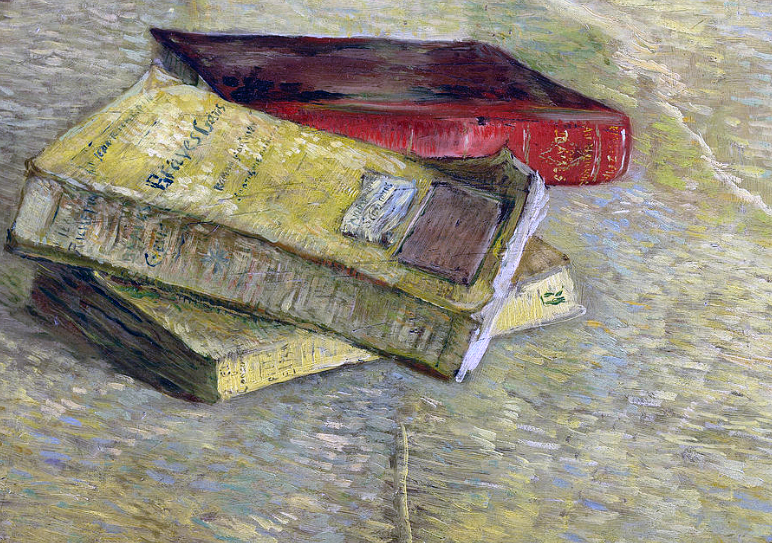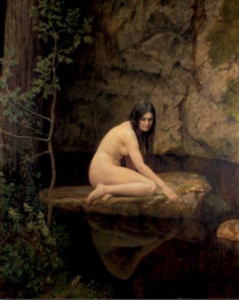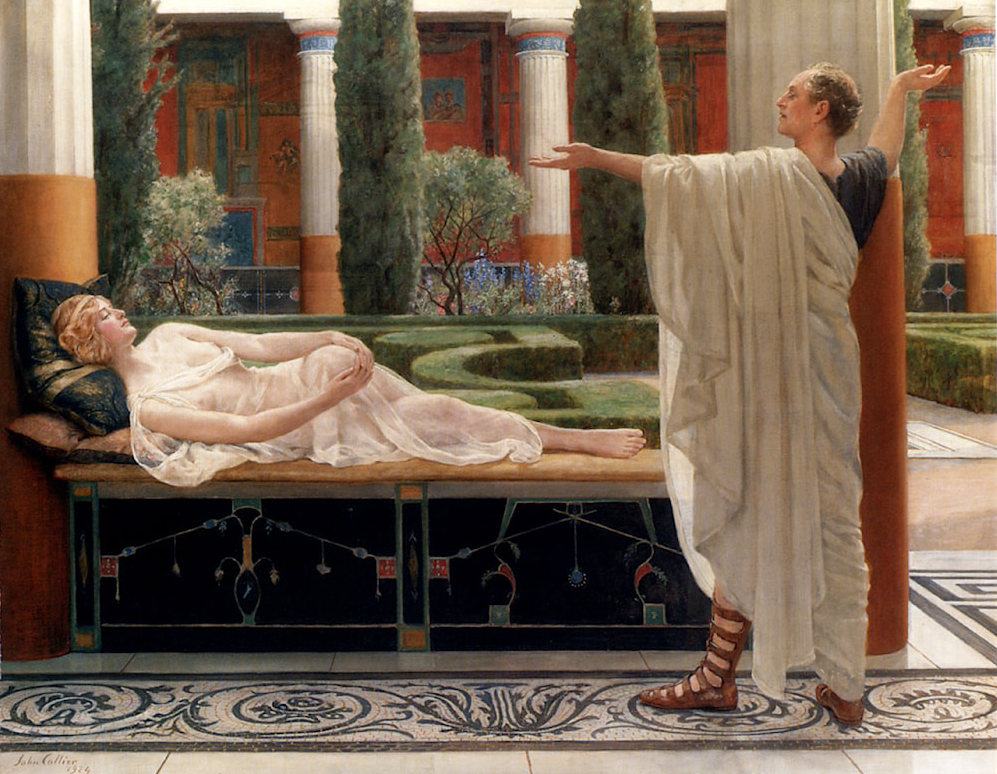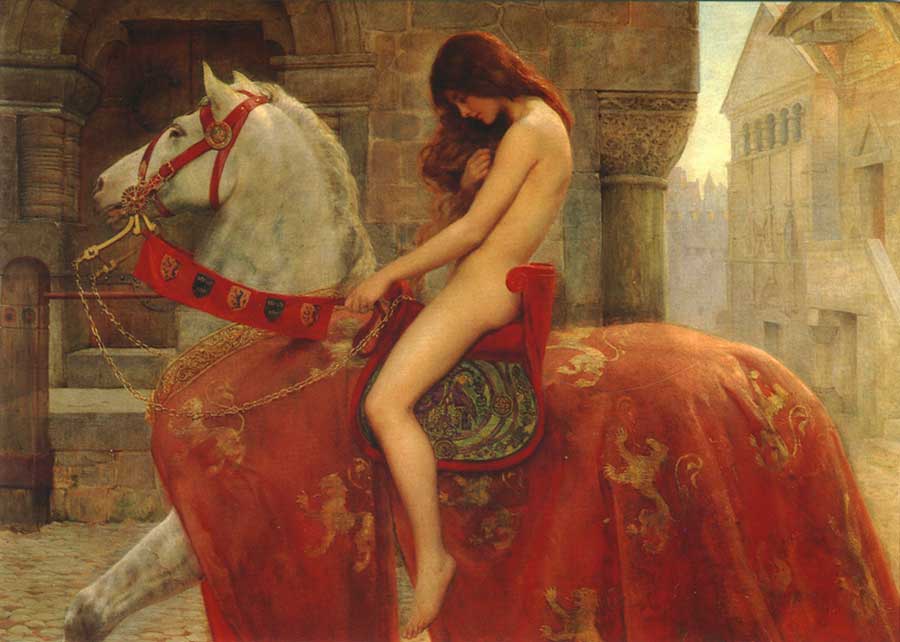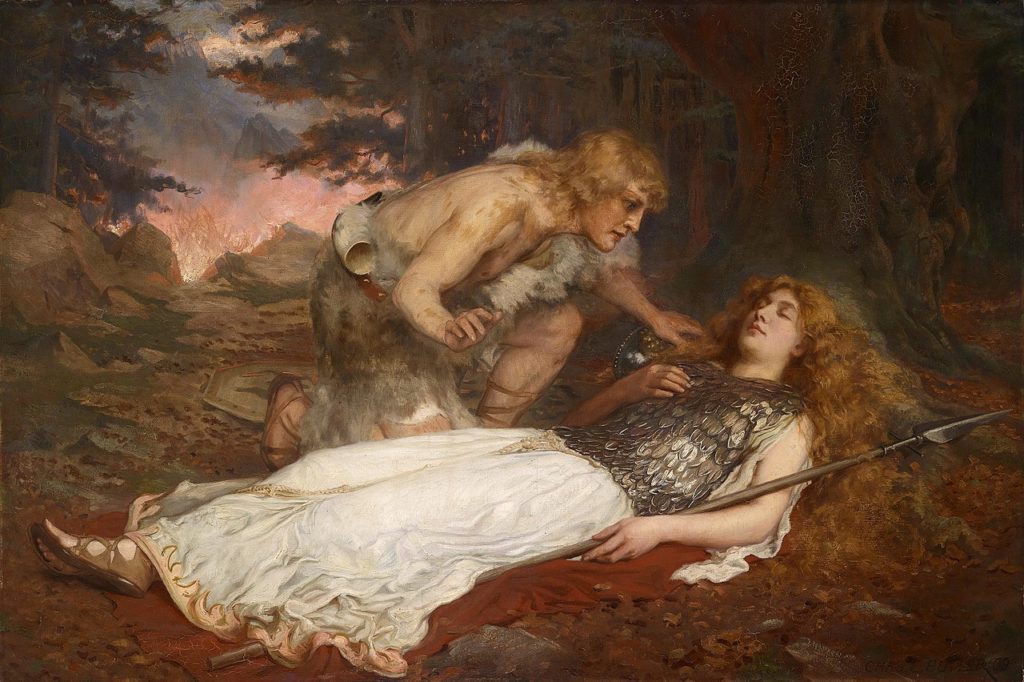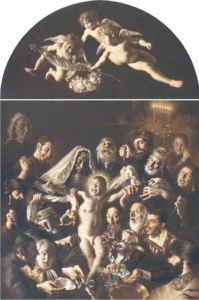
In his post on Tuesday, Kevin MacDonald said: ‘The “blood libel” is a reasonable belief given Ariel Toaff’s book on medieval Ashkenazi practices.’
His words caught my attention enough to read the afterword Toaff wrote in the second edition of 2008 of his book that caused a stir the previous year: Paque di Sangue (Passovers of Blood).
Yesterday I read the whole afterword and it seemed to me that MacDonald is right to consider Toaff a sound scholar. However, what Toaff says is something much more nuanced than the cartoonish way of looking at the issue, inspired by Christian imagery (see e.g., Hieronymus Bosch’s painting).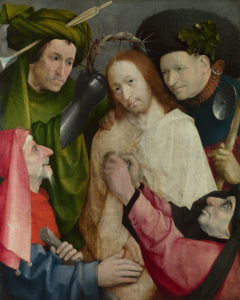
But it did Toaff no good to be not only a sound scholar but the son of a highly respected rabbi of Rome. He was cancelled as the vilest Goyim by the same forces that cancel us.
The Toaff scandal reminded me of yesterday’s article by Gregory Hood in American Renaissance, which opens with the words ‘The single most important cultural change of the last 10 years is not transgenderism, Black Lives Matter, or even social media. It’s the end of free speech.’
What Hood omits is that there never was, really, freedom of speech in the West. Alexis de Tocqueville was right from the start: you are allowed to speak only if you refrain from breaking the taboos of the unwritten law, even in the land of the famous First Amendment. So-called freedom of speech has always been a hallucination of those who have been sailing strictly within the waters of accepted discourse.
